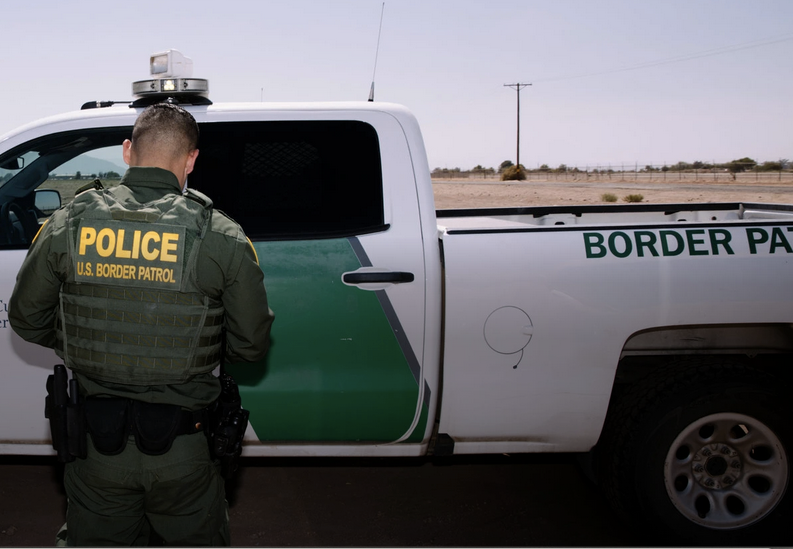One Border Patrol agent in Tucson said he had been called a “sellout” and a “kid killer.” In El Paso, an agent said he and his colleagues in uniform had avoided eating lunch together except at certain “BP friendly” restaurants because “there’s always the possibility of them spitting in your food.” An agent in Arizona quit last year out of frustration. “Caging people for a nonviolent activity,” he said, “started to eat away at me.”
For decades, the Border Patrol was a largely invisible security force. Along the southwestern border, its work was dusty and lonely. Between adrenaline-fueled chases, the shells of sunflower seeds piled up outside the windows of their idling pickup trucks. Agents called their slow-motion specialty “laying in” — hiding in the desert and brush for hours, to wait and watch, and watch and wait.
Two years ago, when President Trump entered the White House with a pledge to close the door on illegal immigration, all that changed. The nearly 20,000 agents of the Border Patrol became the leading edge of one of the most aggressive immigration crackdowns ever imposed in the United States.




